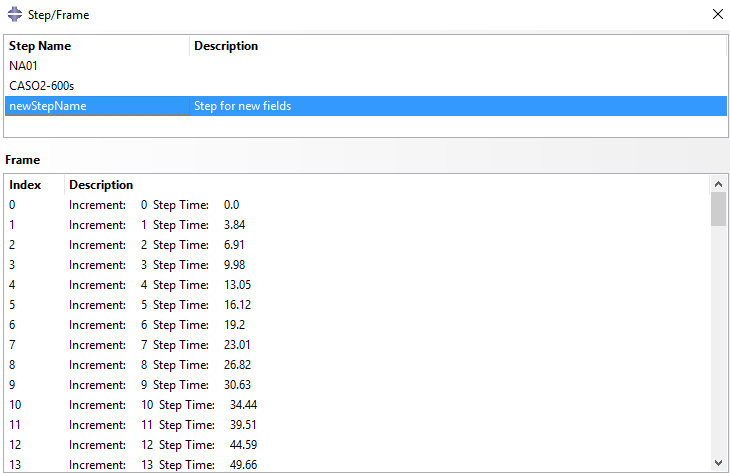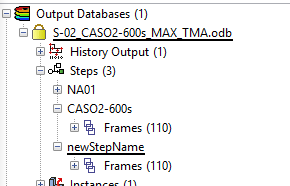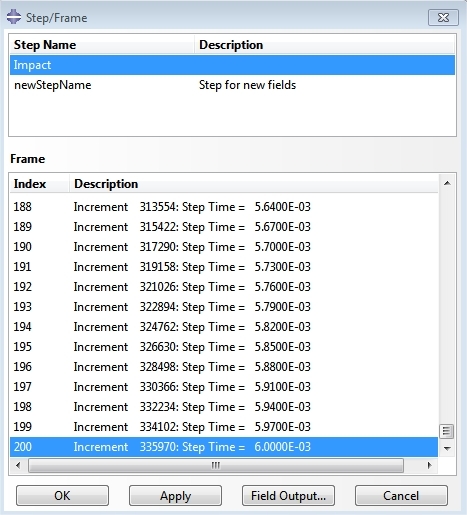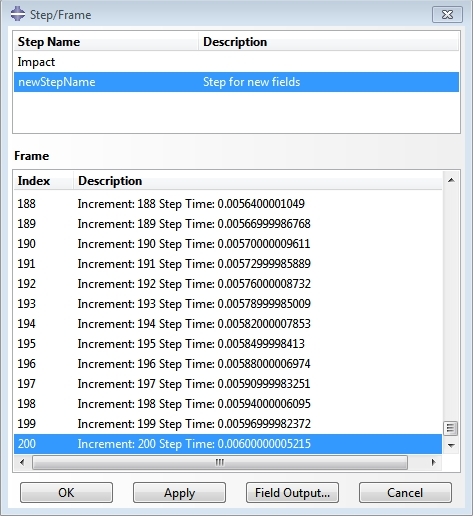ShadowWarrior
Civil/Environmental
- Aug 21, 2006
- 171
I have applied filtering of field output, so the variables have a suffix at the end, e.g. LE_Filter-1, RF1_Filter-1.
Is there any way I can rename these variables to their normal form after analysis run, e.g. LE, RF1? Maybe a script can do it?
Is there any way I can rename these variables to their normal form after analysis run, e.g. LE, RF1? Maybe a script can do it?






![[stpatrick2] [stpatrick2] [stpatrick2]](/data/assets/smilies/stpatrick2.gif)
![[afro2] [afro2] [afro2]](/data/assets/smilies/afro2.gif)